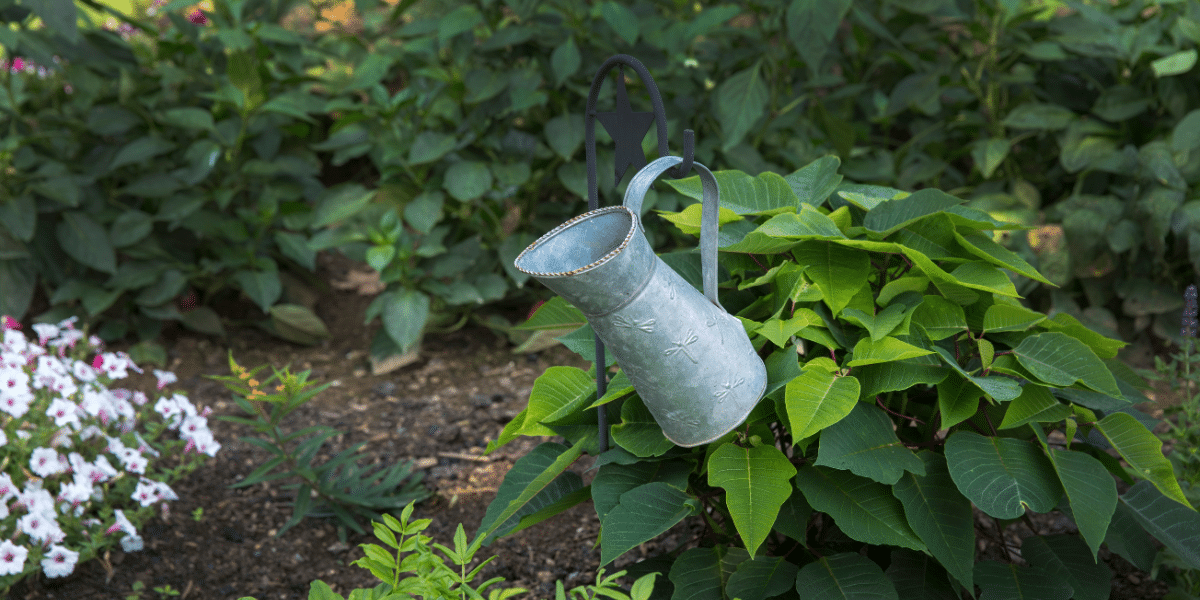Songs that feature the word “garden” often use it as a metaphor to convey deeper themes of growth, loss, and renewal. From classic hits to modern compositions, the image of a garden evokes emotions tied to nature and the human experience. Let’s explore five notable songs that incorporate “garden” in their lyrics: Jeremy Parsons’ “The Garden,” Elton John’s “Empty Garden,” Lynn Anderson’s “(I Never Promised You a) Rose Garden,” and two other tracks that use the garden as a powerful lyrical symbol.
Jeremy Parsons’ “The Garden” draws on the metaphor of a garden to represent mental health and personal growth. The lyrics ask, “Tell me what’s growing there in your garden / Does it whither when you’re feeling blue?” suggesting that one’s well-being can affect how life flourishes or struggles. Parsons reflects on the ups and downs of life, with lines like, “You can tell the talk is small, we don’t ever talk at all / Well, I guess we never knew just what to say,” hinting at the difficulties in communication and connection.
The song’s chorus repeats the imagery of a thriving or struggling garden, symbolizing resilience and the ongoing journey to nurture one’s inner world. Parsons’ personal background, growing up with a father who was a horticulturist, influenced his lyrical approach, using the garden as an analogy for life’s struggles and triumphs. It’s an insightful take on how personal experiences and psychological states shape the way one “cultivates” their life, mirroring the patience and effort involved in gardening.
Elton John’s “Empty Garden (Hey Hey Johnny)” is a tribute to John Lennon, written after his tragic death in 1980. The song uses the metaphor of an “empty garden” to express the void left by Lennon’s absence. In the lyrics, Elton John sings, “What happened here / As the New York sunset disappeared? / I found an empty garden among the flagstones there.” The empty garden symbolizes the loss felt not only by Lennon’s close friends but also by a world that cherished his artistry.
The refrain, “And I’ve been knocking, but no one answers / And I’ve been knocking most of the day,” poignantly illustrates the lingering sorrow and the unanswered questions surrounding Lennon’s sudden departure. The garden metaphor emphasizes that his life and influence were like a carefully tended space that once thrived but was abruptly left barren. Elton John and Bernie Taupin, the lyricist, used the symbolism to show how something once beautiful could become a place of grief, a powerful way of expressing collective loss.
Lynn Anderson’s classic country hit “(I Never Promised You a) Rose Garden” uses the garden metaphor to discuss the imperfections of life and love. With lyrics like, “I beg your pardon, I never promised you a rose garden,” the song serves as a reminder that not everything can be perfect or easy. The “rose garden” here represents an idealized version of life, full of beauty and devoid of difficulties.
Anderson’s lyrics suggest that while there can be joy and beauty in life, there is also hardship. The song delivers a message of resilience and realism, warning against expecting life to always be idyllic. The rose garden becomes a symbol of the pursuit of happiness, recognizing that beauty often comes with thorns.
Soundgarden’s “Black Hole Sun” doesn’t feature the word “garden” in its lyrics, but the band’s name itself implies a connection to growth and decay. The song’s surrealistic and haunting lyrics, “Black hole sun / Won’t you come / And wash away the rain?” can be interpreted as a desire for redemption or cleansing. The band’s name, Soundgarden, evokes the notion of a garden made of sound, where music grows and resonates.
Chris Cornell’s imagery in “Black Hole Sun” explores themes of disillusionment and escape. Though it doesn’t directly talk about a physical garden, the idea of growth, change, and decay parallels what happens in a natural garden. It reflects on how societal darkness or inner turmoil can overshadow the pursuit of light and beauty.
Led Zeppelin’s “The Hanging Garden” captures a different take on the metaphor, referencing the famous ancient gardens in Babylon. The song, filled with evocative lyrics, uses the garden as a place of wonder and longing. Though not as widely known as some of their other tracks, the thematic representation aligns with the mystique and allure often associated with gardens as places of beauty and mystery.
The use of “garden” in music often carries powerful symbolism, ranging from the deeply personal reflections on growth and mental health in Jeremy Parsons’ “The Garden” to the universal sense of loss in Elton John’s “Empty Garden.” Whether reflecting resilience in Lynn Anderson’s classic or exploring more abstract themes as seen in the works of Soundgarden and Led Zeppelin, gardens in these songs invite listeners to explore the complexities of life, nature, and the human condition.
Published by: Josh Tatunay





